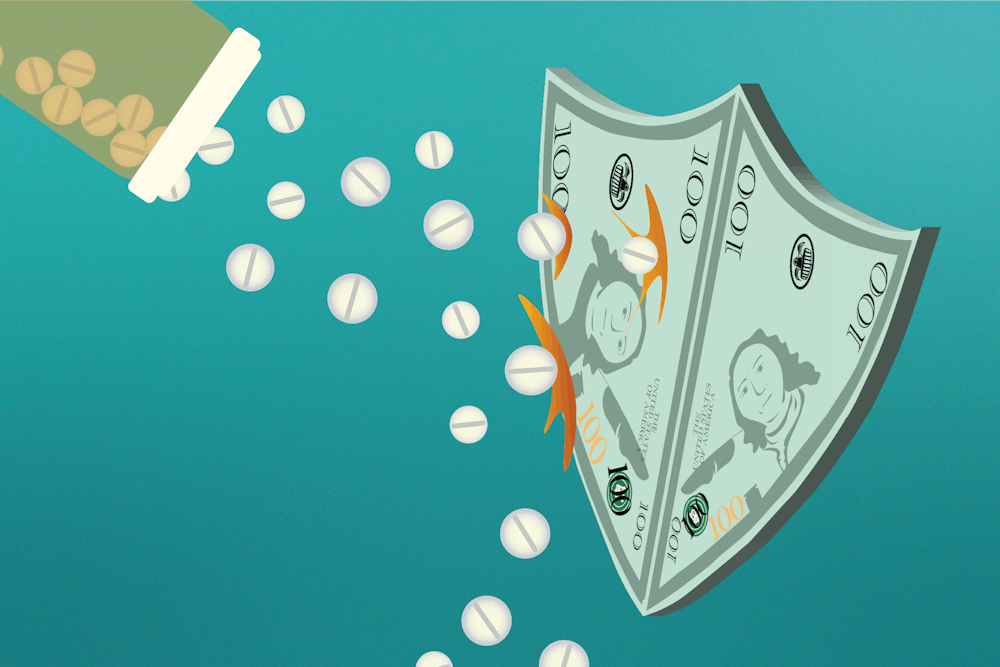The Orange County Opioid Advisory Committee opened the grant cycle for opioid settlement funds to support programs focused on the prevention, treatment, recovery and awareness of opioid use disorder.
The grant funds come from national opioid settlements led by Josh Stein during his term as attorney general. North Carolina will receive $1,420,932,713 total from 2022 through 2038, and Orange County will receive $12,748,445.
Sophie Suberman, co-founder and executive director of community nonprofit Grow Your World, said one in five kids who overdose on opioids overdose on their first use. Grow Your World also received opioid settlement funding, which Suberman said they used to fund projects like opioid overdose reversal training for 57 people who collectively encounter 44,000 youth a month.
The number one cause of death in people under 50 in the U.S. is unintentional injury, the leading cause of which is unintentional poisoning as from overdose, according to the U.S. Centers for Disease Control and Prevention. Overdose death rates are decreasing in general but increasing in communities of color, North Carolina Formerly Incarcerated Transition Program Director Evan Ashkin said. The program received opioid settlement funding in 2023.
“If you look at data, like who was referred to drug treatment versus who's incarcerated, there's also a disparity among communities of color,” Ashkin said. “White people are more often put in treatment programs or offered other avenues to deal with charges.”
Suberman said the American Red Cross training highlights how to serve white people by only saying that people who have overdosed turn blue, while people of color often turn purple or gray and ashy.
Ashkin said 70 percent of people in U.S. prisons identify as having a substance use disorder. He said he encourages local law enforcement to send people who commit low level drug offenses to diversion programs. These programs provide treatment and have shown positive outcomes in multiple studies, he said.
At NC FIT, people who have been recently released from incarceration are provided with primary care and can develop a reentry plan that includes housing, employment and family reunification, Ashkin said.
Ashkin said NC FIT used their opioid settlement funding to assist people who have substance use disorder.




